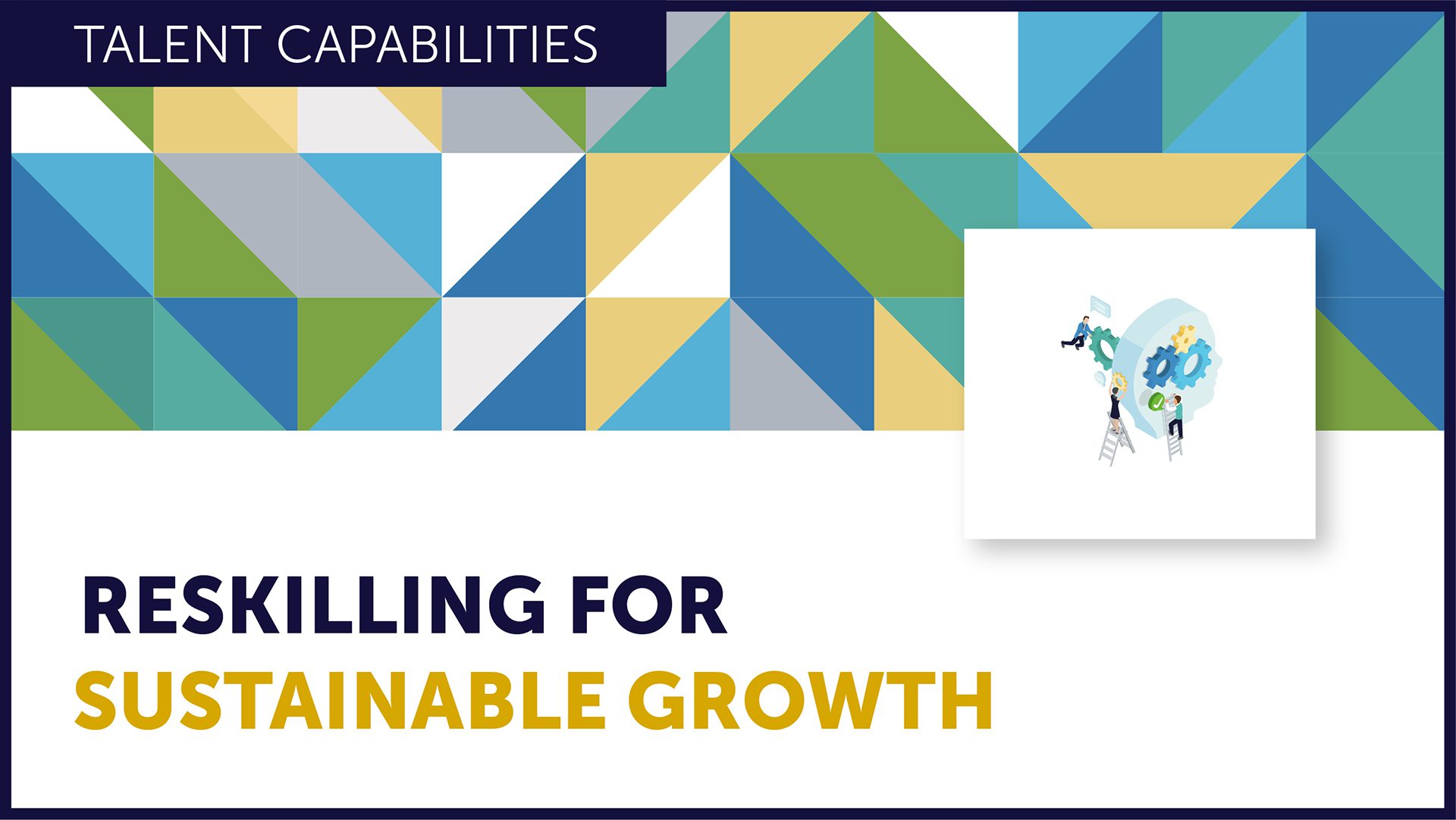Future of Work and People Strategy
Blog: The Rise and Fall of the Workforce
How will businesses fill the gaps left by ‘The Great Resignation’ and prevent further losses?
Where are people going?
The ONS’ latest numbers suggest a slight uptick in employment in the UK over the last month or so, but the total working population remains below pre-COVID-19 levels (LFS, 2022).
Self-employment and part-time work have seen the most losses, undoubtedly due to the difficult financial circumstances over the past few years.
Now, vacancies outnumber workers for the first time on record, with around one in five UK workers strongly considering a change in job and another 16% considering leaving the workforce altogether (PwC, 2022).
Why are they leaving?
Vicki Pryce, Chief Economic Adviser and board member at the Centre for Economics and Business Research, has identified this issue as an important one within the geopolitical landscape: “[the] labour force in the UK has indeed shrunk, for reasons including inactivity and people leaving the country because of Brexit.”
‘The Great Resignation’, as it’s known, may be partly to blame: as Vicki explains, “[it’s] an interesting phenomenon; it’s not just people leaving jobs, but leaving certain sectors (like hospitality or transport) or leaving the labour market altogether. This has created a lot of tightness in the labour market.”
“[However], it could ease at some point, with students entering the labour market or particularly if wages rise. It’s really a very interesting situation ahead, because employees might finally get a little bit more power…in terms of how they go back to the office, or where they work from.”
That certainly seems to be reflected in the numbers: for people who can work from home, 63% say they prefer some mix of in-person and remote working, and the same group said they expect their employer to offer that mix for at least the next 12 months. (PwC, 2022)
Respondents to CRF’s survey in May 2022 suggested that almost 70% of employers’ workforces were reluctant to return to the office, highlighting how normal hybrid or home working has become.
Who will fill the gaps?
Aside from people exiting the workforce, the other pressing issue is the consequence of the UK’s ageing population. When the UK’s population begins to fall in the mid-2020s, as the Financial Times predicted in January, the country will become increasingly reliant on migrant workers as a source of labour.
“We still have migration from outside the EU and some rules have changed to facilitate that,” Vicki outlines, “such as allowing people to stay longer and reducing the salary threshold for entry.”
“Interestingly, looking across Europe, the UK is probably the only country that will have an increase in its working population. So, its impact won’t be as acute here as in the rest of Europe, where working populations are expected to continue decreasing.”
Whether this will be enough to counterbalance the natural population decrease over the next decade, remains to be seen.
In the meantime, upskilling remains essential for employers and employees alike. With only 40% of employers actively prioritising training and development within their existing workforce, many young workers in particular fear being left out of the technological developments that will dictate their employability in years to come. (PwC, 2022)
The ability to retain a skilled, engaged working population will undoubtedly dictate business performance in such a volatile marketplace.
CRF’s recent research report, Building a Future-Fit Workforce – Reskilling and Rethinking Work, takes a closer look at the issues. Read here.
UPCOMING CRF CONFERENCE:
Trading in the New
Business Landscape
Featuring Prof. Amelia Hadfield, University of Surrey, delivering The Geopolitical Challenge




